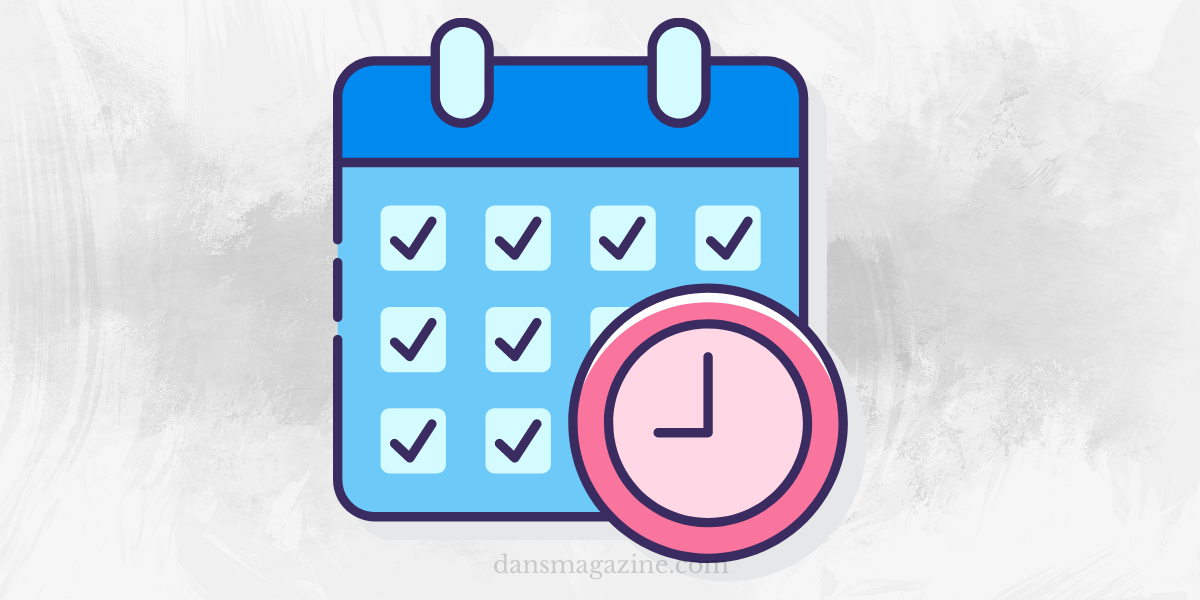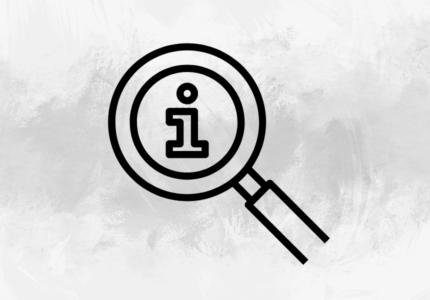
Many clients have approached me over the years with misinformation about cover letters, resume writing, and other written information that they submitted to me for their next career move. The world of work is constantly changing with technology. However, there are still certain areas of writing resumes, posting, and etiquette which still hold true.
My resume could only be on one page, I was told.
The resume is your employer’s “Ad.” Consider this: When you look at newspaper ads or online ads, are they short or long? You want to grab them fast! While I don’t agree that all resumes should be one-page, your summary should be compelling enough for the reviewer to reach out to you and invite you to an interview or phone screen.
A one-page resume will suffice if you’re networking at a job market. After you have made contact with the representatives at the job fair, you can leave a lasting impression and hope for the next step. For the hiring manager, you can create a detailed resume or a 2-page invitation-level resume. Highlight your skills, titles, and keywords.
There are some types of resumes that can be up to four pages in length, depending on the content. The federal government resume is one example. You can upload your resume, and they offer an online format for completing a resume. USAJOBS has more information about what is required.
Bad credit can prevent me from getting good jobs.
Be careful! This is true for many jobs, but not always. You should be aware of where your credit rating is. While you’re looking for work, credit ratings are probably not the first thing that comes to mind when searching for a new job. Perhaps you are taking a second, third, or even fourth look at your resume or cover letter. Maybe you have career coaches, family members, or friends reviewing it. Although we’re almost out of the financial crisis, it is now a common practice for companies to conduct a credit check. They will also review your education and work references. This is particularly common for large Fortune 500 companies and financial companies (banks or security companies), as well as federal government agencies (US).
I reiterate I recommend you keep an eye on credit to see where your standing is. To be considered good credit, keep your score above 720. Credit Karma allows you to access your credit report and score anytime. This site can be used to not only keep track of your credit score and identity theft status but also while you’re job hunting. For more information, visit CreditCards.com.
Recruiters and hiring managers will call me; they don’t need to follow up.
Follow-up is an important part of applying for a job. Employers will usually indicate the closing date and opening date for job applications. Follow-up should be done within one to two weeks of the closing date for the job announcement. Follow the instructions if the job posting states that “NO CALLS ACCEPTED” or “NO FAXES ACCEPTED.” If they do accept your application, they will contact the applicant if they have the qualifications they require.
My salary requirements must be listed on my resume.
You don’t have to list salary requirements on your resume. However, if you are asked, please be truthful. When asked by an employer, I encourage my clients to give a range. If my clients have done their research on the job, I can help them write a brief narrative to explain it. This will give leverage when they negotiate salary.
I will add “References available upon demand,” my hobbies, marital status, and my age to my resume.
No. No. If you are asked for references, make sure to count the number and select which ones will be most helpful in representing your interests. Get in touch with your references to find out when they expect to hear from them. Also, discuss the job with them in order for them to best represent you. Please do not include your marital status, hobbies, or age in your resume. This information is unnecessary and could be considered discriminatory.
Employers and hiring managers don’t read cover letters.
It isn’t true. This is not true. Cover letters are meant to be used as introductions and should be included with your resume. They can be emailed, posted on a job website, mailed, or handed to an employer. Don’t think that hiring managers or recruiters don’t read your cover letters. Your cover letter should have a strong introduction that grabs their attention and makes them want to read more. Your cover letter should include a strong fact or figure that supports your credentials. This will help you get an interview, which can be a step closer to landing the job. Some situations may be exceptions to the rule that cover letters are not necessary or required. These letters are used at job fairs and when someone introduces you to another person. All in all, make sure your career documents stand out and shine.
You can post your resume on a job board and wait for interviews.
Be careful with this! Unless you are a specialist or have a trade that is difficult to find, I’ve never heard of jobs being handed to candidates. You don’t have to post your job to a job board. However, you should still do your research and follow up with the employer. Follow the instructions posted on the job board or in the announcement.
I applied for the perfect job that was created just for me – the phone should “ring off the hook.”
It is amazing how many times this has been repeated and what it was like to experience it myself. However, others are also saying the exact same thing. A client had a position as Program Manager, and he knew that it was perfect for him. He created the resume, sent the required documentation, and expected to be called. But he didn’t hear anything. Why? Many recruiters receive a lot of resumes and don’t have the time or resources to call each one. This holds true for both small and large businesses. Many recruiters in small businesses are employed as administrative and HR professionals, so they don’t have the time to call. For large companies, the volume of resumes could mean that your phone is not “ringing off-the-hook.”
My resume always includes a photo.
You must stop this habit. This is why I’ve seen hiring managers and recruiters discard resumes. Employers will often prefer that you don’t include your photo in any job application. This is because it could lead to accusations of impropriety. This is only true if you’re applying for a position in the performing arts (dancer/actress, model, etc.). It is appropriate to include a photograph if you are applying for a position in the performing arts (dancer, actor, model, etc.)
Employers on the Internet want to see my “formatted resume,” so I will place it in their text blocks.
Follow the guidelines that they have established for your online application. It is not a scheme or trick by the employer. There have been cases where applicants ignored their directions and were not invited for a phone interview. It takes effort to apply for a job. Take the time to fill out the required information and complete the boxes. They will often have a place where you can upload your ‘formatted’ resume into their system.
Trina E. Steger-Smith is the owner/founder/consultant of TE Enterprises Consulting, LLC, headquartered in White Plains, Maryland, that provides management consulting services to organizations and individuals across the world. Steger-Smith was driven to end the siloed and misaligned pathways. Steger-Smith, an industry leader who is respected and inspiring, strives to provide individual and business consulting services that allow clients to achieve their personal and business goals by using current trends and coaching methods. She was the previous recipient of the Department of Defense Moreland Loaned executive award.





